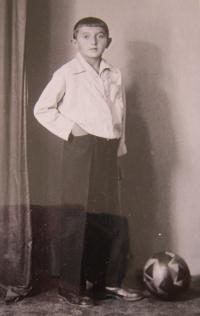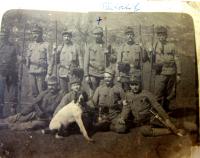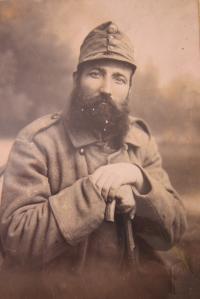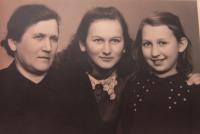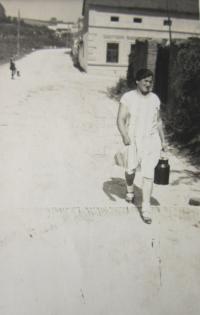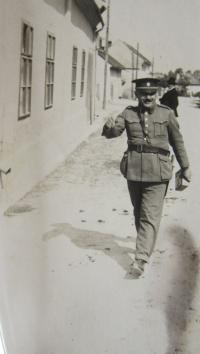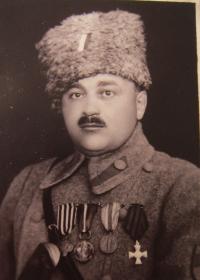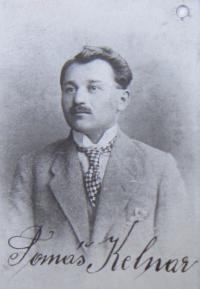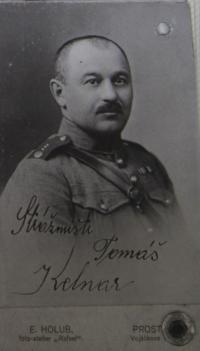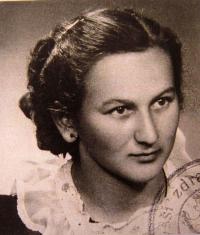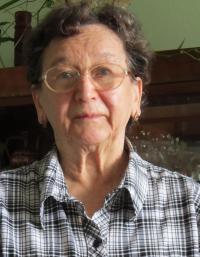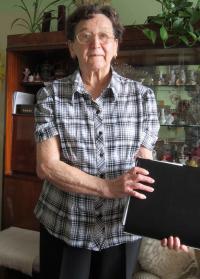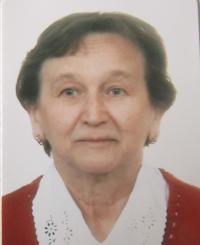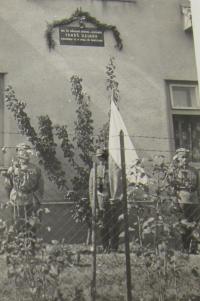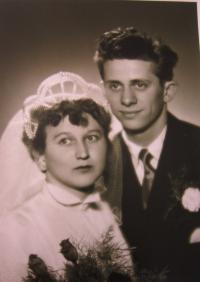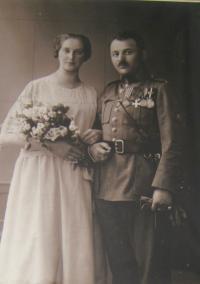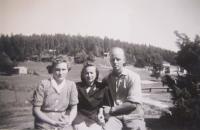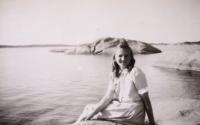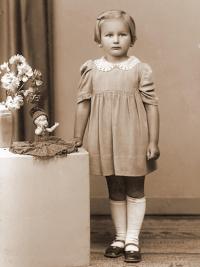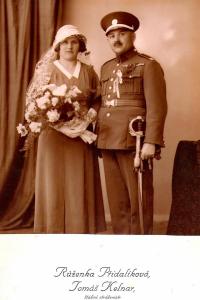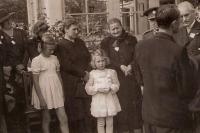We still lived with the hope that dad would come back to us

Download image
Růžena Prokešová, née Kelnarová, was born on 24 February, 1934 in Olomouc. Her narrative is mainly about her father, a legionnaire and chief police officer Tomáš Kelner, who experienced several very difficult moments in his life and who was executed on 15 November, 1944 in Wrocław (Breslau in German) for his involvement in anti-Nazi resistance. The largest air battle between the German and American air forces on the Czech territory occurred over the Haná region just at the time when Holy Mass was being held for him in Dub nad Moravou. Růžena, who was ten years old, saw tens of air fights, falling airplanes and crews being catapulted. As a daughter of an executed resistance fighter, after the end of the war Růžena was sent to Norway by the Red Cross for a two-month rehabilitation stay. She studied a secondary school after her return and then she was working as an accountant. In 1968 she witnessed the invasion of the Warsaw Pact armies in Prostějov where Soviet soldiers shot three local people on August 25, and severely wounded nine others. She lives in Kroměříž with her husband.
